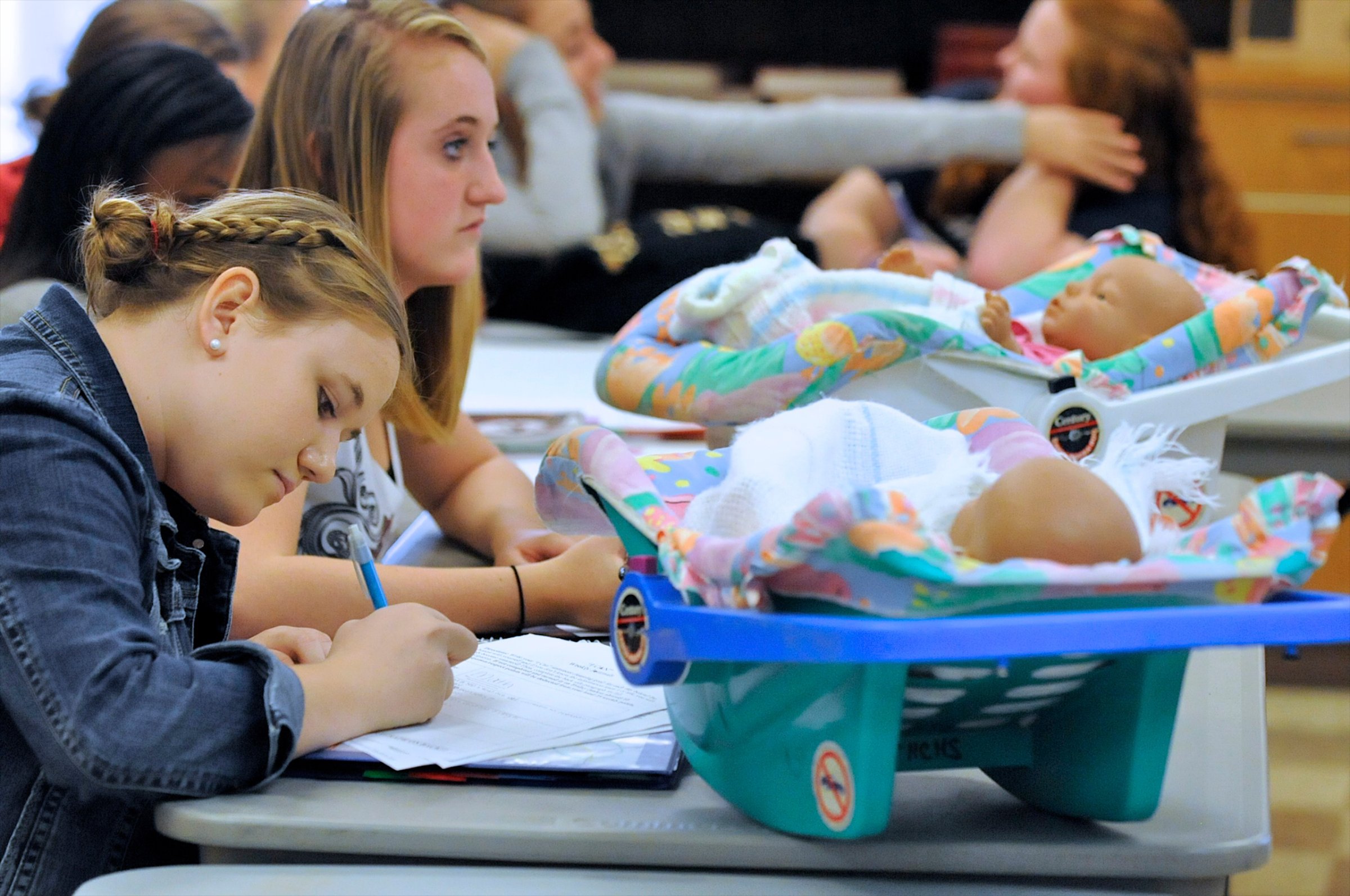
Schools that have infant simulator programs, where students use dolls and classes to learn what having a baby is like, may actually make teenage girls more likely to become pregnant, according to a new Australian study.
The study, published in The Lancet, found that girls enrolled in schools with baby simulator programs were 36% more likely to have a pregnancy by age 20 than those enrolled in schools with standard curriculums. Of the girls enrolled in the program, 8% had at least one birth by age 20, compared to 4% in the control group; and 9% of the girls in the program had at least one abortion compared to 6% in the control group.
“We were very surprised” Sally Brinkman, lead author and associate professor at Telethon Kids Institute at University of Western Australia told ABC News. “It’s one thing to get results to say it doesn’t work, it’s another to get results that does the opposite.”
The study tracked more than 2,800 teen girls, age 13 to 15 years old, at 57 schools in Australia, following them until age 20.
More Must-Reads from TIME
- Cybersecurity Experts Are Sounding the Alarm on DOGE
- Meet the 2025 Women of the Year
- The Harsh Truth About Disability Inclusion
- Why Do More Young Adults Have Cancer?
- Colman Domingo Leads With Radical Love
- How to Get Better at Doing Things Alone
- Michelle Zauner Stares Down the Darkness
Write to Tessa Berenson Rogers at tessa.Rogers@time.com